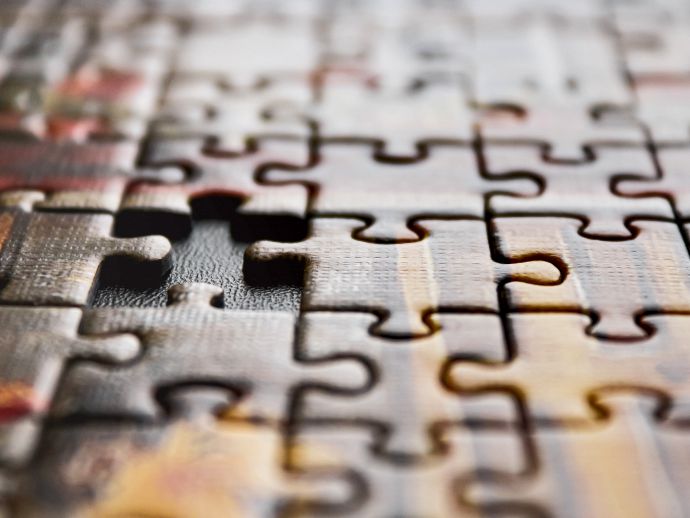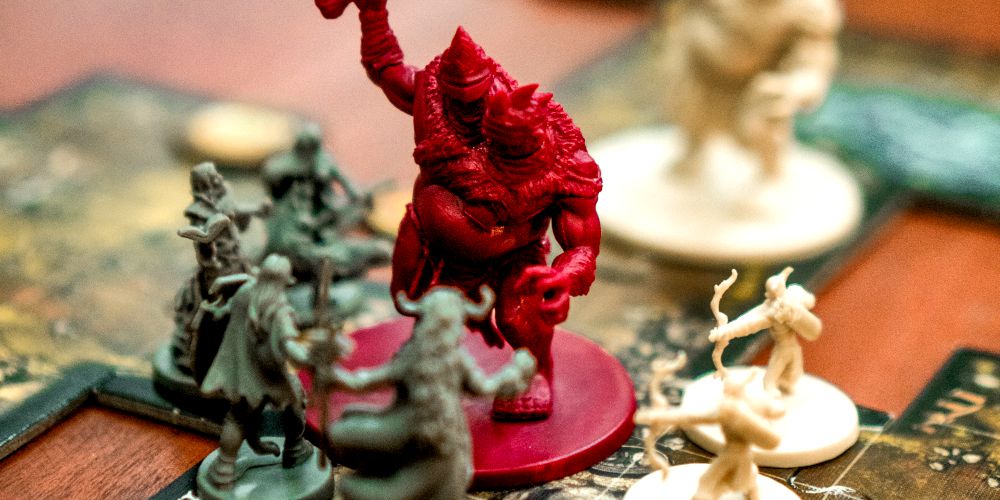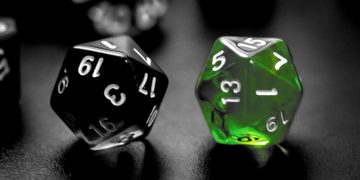Dungeons & Dragons is a tabletop RPG that'll take up a lot of your time (but it's really easy to get started, we promise).
It might feel like investing so much of your life into a game like D&D is a waste of time. However, there are some genuine benefits that you can get from playing Dungeons & Dragons.
Sure, having fun is a benefit, but today we're going to look at some of the deeper, more profound ways D&D can make your life better.
1. Make New Friends

Dungeons & Dragons is a game that requires other people to play. When you play with a group, you tend to form a bond with them, which can lead to some pretty great friendships.
You and your party (and the DM) are working together to tell a story, and everyone ends up feeling more like teammates than just people at your gaming table.
I recently moved about 4 hours away from my hometown to a place where I only knew one person. We ended up both getting D&D, and we ended forming some pretty great friendships with a group from a local board game cafe.
Now, we play D&D with this same group regularly, and I consider them some of the closest friends in my new city. I'm living proof that D&D can lead to new friends!
2. Improve Listening Skills

A huge part of playing Dungeons & Dragons is listening.
Your DM throws information at you, and you're expected to remember the key points. You take some notes, lock some in your memory, and do your best to recall the information when it comes up later. How many orcs were walking along the trail? What was the name of the vendor who sells magic items?
All of this is giving your listening skills a much-needed boost. Like anything, the ability to absorb information gets better with practice, and doing it in D&D is excellent practice.
You might just find that you're able to absorb more from class or work meetings, which will almost certainly come in handy.
3. Boost Creative Thinking

Dungeons & Dragons will boost your brain and force you to start thinking outside the box, whether you're the DM or a player.
If you're DMing, you'll need to come up with worlds, characters, and other things for your players to enjoy. Even if you're running a pre-written adventure, you need to make creative adjustments to the story so that it's better suited for your group of players.
As a player, you'll be coming up with backstories for your characters. These backstories can be detailed and complex, just like real people. The more characters you create, the better you'll be at creating deep and interesting characters.
Both DMs and players need to act out the scenarios that take place in this fictional D&D campaign. Improvising on the spot will do wonders for your creative abilities.
And these skills will carry on with you in everything you do.
4. Practice Problem Solving

This is another one of those skills that D&D will help you develop, whether you're running the game as a DM or playing as a player.
The entire game is really just a series of fictional problems that the players need to solve. The DM needs to adapt each problem so that it's challenging but not impossible, and the players need to solve the challenge using the resources at hand.
These "problems" can be as simple as how to overcome a monster in combat, or they can be as nuanced as trying to convince the king to release your companion from prison through persuasion, intimidation, or even a magic spell.
Everyone spends the bulk of a D&D session working through some sort of problem, and this ability to assess a situation and react is useful in all facets of life.
5. Learn to Cooperate With Others

Cooperation is mainly something for the players in D&D, but even the DM needs to work with the players to help keep the game moving and make sure everyone is having a good time.
There are multiple forms of cooperation happening in a D&D game. There are shared tactical decisions (like flanking enemies to win combat) and shared social interactions (like working together to solve role-playing encounters).
But there's also the cooperation that happens outside the game. Being respectful to the other players, not taking too long on your turns, and not hogging the spotlight are all forms of cooperation that you will need while playing D&D.
6. Develop Empathy

D&D is a role-playing game, which means you need to step into someone else's shoes and live as that person while in the game.
Sure, you can choose to make a character that mirrors what you're like in real life, but for most players, they're going to create a character who's quite different from their usual self.
In creating a new character, you'll develop your sense of empathy since you start to see the world through a different perspective.
The definition of empathy is "the ability to understand and share the feelings of another." There's no better way to work on that than by actually living as someone else for a few hours.
7. Sharpen Math Skills

The level of math that's used in D&D is admittedly rudimentary, but playing D&D does give you a chance to strengthen your basic math skills, which is always useful.
Depending on what you do for work, you might never get an opportunity to practice simple things like addition in your daily life, and D&D gives you a chance to use that part of your brain.
Sure, it's generally just adding and some basic multiplication, but it's more math than you're probably using if you don't play D&D, so it's still something you can work on while you're having the time of your life slaying orcs and goblins!




